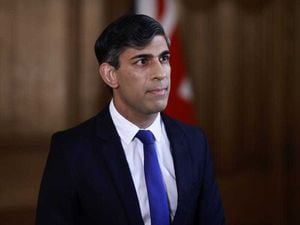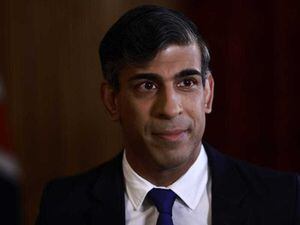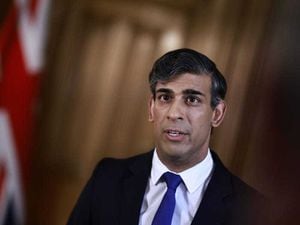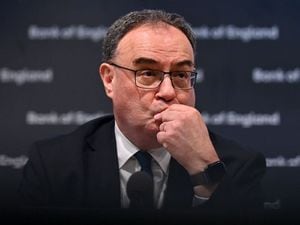Refugees arriving under Ukraine visa schemes up 10,000 in just over a week
The number of people who have received visas and are reaching the UK is growing, but the majority have not yet arrived.
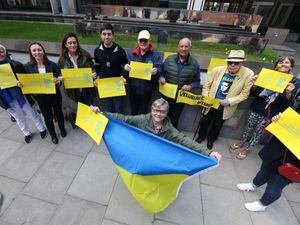
The number of refugees arriving in the UK under Ukraine visa schemes has risen by more than 10,000 in just over a week, figures show.
Some 37,400 people had arrived in the UK under Ukraine visa schemes as of Tuesday, according to Government figures published on Friday.
This is up from 27,100 by Monday April 25.
The latest arrivals include 19,500 under the Homes for Ukraine sponsorship scheme – a rise of three-quarters from 11,100 last week.
The Homes for Ukraine scheme in particular has faced widespread criticism over the length of time it has been taking for refugees to receive visas and come to the UK.
The latest figures show the number of people who have received visas and are reaching the UK is growing, but the majority – around six in 10 – have not yet arrived.
The PA news agency has reported on multiple cases where families are unable to travel to the UK because not all family members have received permission to travel letters or visas.
Government officials believe some people applied for visas so they have the option of coming to the UK but are staying near Ukraine so they can return home sooner, or have since changed their minds.
Earlier this week Prime Minister Boris Johnson admitted the UK could have reacted faster in helping Ukrainian refugees, but told ITV’s Good Morning Britain “large numbers” are now coming to the UK.
The latest figures show 33% of people who have been granted visas under the Homes for Ukraine scheme have travelled to the UK, up from around a fifth last week.
And 49.3% of those with visas under the family scheme have arrived, up from 45.8%.
By Thursday, around 125,100 applications had been made for visas, and 95,500 had been issued.
These include 44,200 applications under the family scheme, of which 36,300 visas have been granted, and 80,900 applications under the sponsorship scheme, of which 59,100 visas have been granted.
More than three-quarters of applications for visas under both schemes have been granted, the figures show.
Enver Solomon, chief executive of the Refugee Council, told PA the Government’s visa scheme was not “fit for purpose in responding to a humanitarian crisis” and the numbers were in “stark comparison to Europe”, adding: “We stand out as being much lower (in terms of the numbers of arrivals).”
Mr Solomon said the rise in arrivals was as a result of delays between people being granted visas and travelling to the UK and, while this could rise further in the coming weeks, officials believe numbers in the family scheme are “plateauing”.
Alex Fraser, director of refugee support and restoring family links at the British Red Cross, reiterated calls for the Government to temporarily waive visa requirements for Ukrainians so they can reach the UK “quickly and safely”, adding: “The whole process is taking far too long. Families are being left in limbo and often experience great financial and emotional strain as a result.”
The Local Government Association (LGA) said councils need information on people due to arrive “as quickly as possible” so they can ensure sponsors and accommodation are safe.
LGA chairman and councillor James Jamieson said: “Data does not always arrive in time to enable this and many councils are still reporting significant issues with this data.
“An indication in advance of individuals or families with care, disability or other vulnerabilities would be useful to enable local services to be put in place to meet specific needs.”
Councillor Jamieson also said new arrivals must be swiftly rematched with other sponsors if their match breaks down.
Of those arriving with relatives in the UK, he said: “Some of those families present as homeless once they have arrived, but we are asking that they should be able to be rematched with a sponsor under the Homes for Ukraine scheme.
“Urgent work is needed on how councils can work with government and the community, faith and voluntary sector so those offering their homes can be quickly matched with a family in need.”

